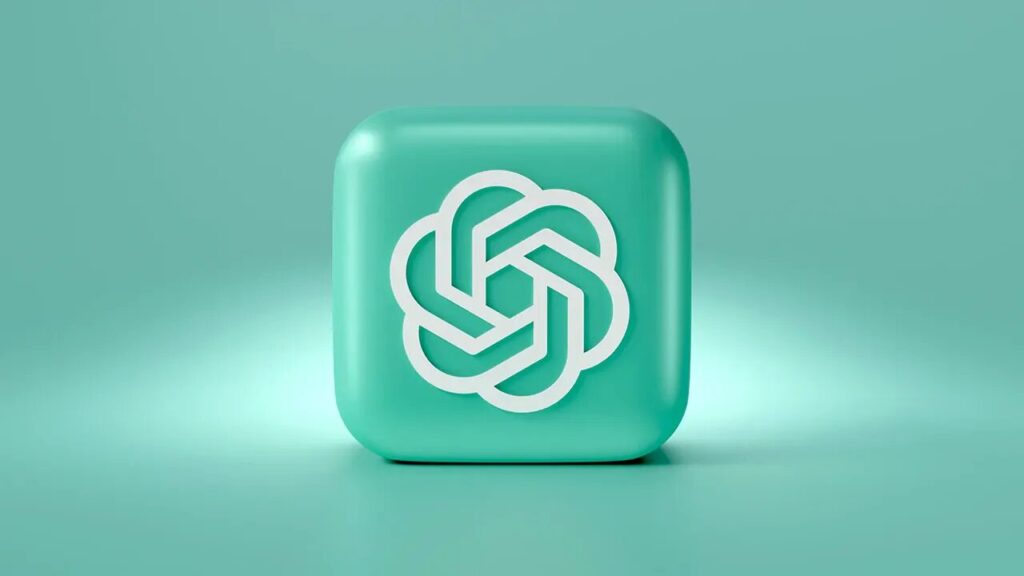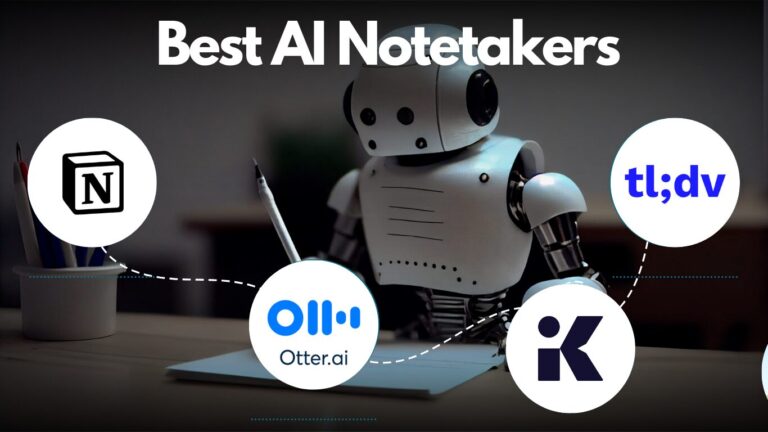ChatGPT is an AI model developed by OpenAI, designed to generate human-like text based on the input it receives. It stands for “Chat Generative Pre-trained Transformer.” Essentially, it’s a sophisticated language model that can understand and generate text in a conversational manner. ChatGPT is trained on a vast amount of text data and uses a deep learning architecture called Transformers to understand and generate responses to prompts or questions. It’s used in various applications, including chatbots, virtual assistants, content generation, and more, to simulate human-like conversation and provide useful responses to users.
The key features of ChatGPT include:
- Natural Language Understanding: ChatGPT has the ability to understand natural language input from users, allowing it to comprehend a wide range of questions, prompts, and conversational contexts.
- Contextual Responses: It generates responses based on the context of the conversation, taking into account the preceding dialogue to provide relevant and coherent answers.
- Conversational Flow: ChatGPT maintains a conversational flow by responding contextually to the user’s queries, enabling fluid and engaging interactions similar to human conversation.
- Multimodal Inputs: It can process various types of inputs, including text, images, and audio, to provide more versatile and interactive responses.
- Adaptability: ChatGPT can adapt its responses based on user feedback and the evolving context of the conversation, improving its performance over time.
- Extensibility: Developers can fine-tune ChatGPT or integrate additional modules to enhance its capabilities and customize its behavior for specific applications or use cases.
- Ethical Considerations: ChatGPT incorporates safeguards to promote ethical use, such as filtering out inappropriate content and avoiding biased or harmful responses.
- Multi-Turn Dialogue: It supports multi-turn dialogue, allowing users to engage in extended conversations with ChatGPT and maintain continuity across multiple interactions.

Table of Contents
How does ChatGPT work?
ChatGPT is based on a deep learning architecture called Transformers, which processes input text and generates output text using a sequence-to-sequence approach. It’s pre-trained on a large dataset of text from the internet and fine-tuned for specific tasks or applications.
What can I use ChatGPT for?
ChatGPT can be used for a variety of applications, including chatbots, virtual assistants, content generation, language translation, and more. It’s versatile and adaptable, making it suitable for a wide range of natural language processing tasks.
Is ChatGPT capable of understanding context?
Yes, ChatGPT is designed to understand context and generate responses that are appropriate based on the preceding dialogue. It maintains a conversational flow by considering the context of the conversation and providing relevant answers.
Can ChatGPT generate responses in multiple languages?
While ChatGPT is primarily trained on English text, it can generate responses in multiple languages with varying degrees of proficiency. There are also versions of ChatGPT trained specifically for other languages, such as Chinese, Spanish, and French.
How accurate is ChatGPT?
The accuracy of ChatGPT depends on various factors, including the quality of the training data, the complexity of the task, and the specific version of the model being used. Generally, ChatGPT performs well in generating coherent and contextually relevant responses, but it may occasionally produce errors or nonsensical output.
Is ChatGPT biased?
ChatGPT strives to be unbiased and impartial in its responses, but like any AI model, it may reflect biases present in the training data. OpenAI takes measures to mitigate bias in ChatGPT by carefully curating and filtering the training data and implementing fairness and transparency guidelines.
Can ChatGPT be used for malicious purposes?
While ChatGPT is primarily intended for positive and productive applications, there is potential for misuse by individuals or organizations seeking to generate harmful or misleading content. OpenAI encourages responsible use of ChatGPT and provides guidelines for ethical deployment to mitigate potential risks.
Imagine you’re working on a college project about climate change. You can use ChatGPT to make the process much easier. First, if you need to gather information, you can ask ChatGPT to explain the causes and effects of climate change in simple terms, giving you a good starting point. If you’re unsure what specific aspect to focus on, ChatGPT can suggest topics like the impact of climate change on polar bears or the role of renewable energy.
When you’re ready to write, ChatGPT can help draft sections of your paper, such as an introduction that explains why climate change is a critical issue. If you already have a draft, you can ask ChatGPT to proofread it, checking for grammar mistakes and suggesting improvements. This way, ChatGPT acts like a helpful assistant throughout your entire project, making the research, writing, and editing processes smoother and more efficient.
Also Read ➤ ➤ 100+ ChatGPT Prompts for learning About Any Topic | Try NOW!
The Main Agenda – Chat GPT Prompts for College Projects
Research and Information Gathering
- “Explain the main concepts of this topic: [insert topic].”
- “Give me an overview of recent developments in [insert field].”
- “What are the most important theories related to [insert subject]?”
- “Summarize the key findings from studies about [insert topic].”
- “What are the common arguments for and against [insert issue]?”
- “Provide a brief history of [insert topic].”
- “What are the implications of recent research in [insert field]?”
Topic and Idea Generation
- “Suggest some project ideas for a course in [insert subject].”
- “What are some current trends in [insert field] that I could explore?”
- “Give me ideas for a research paper on [insert broad topic].”
- “What are some potential case studies for a project on [insert area]?”
- “What unique perspectives can I consider for a project in [insert field]?”
- “Suggest interesting topics for a group project in [insert subject].”
- “What are some emerging issues in [insert field] that could be good for a project?”
Also Read ➤ ➤ 100+ ChatGPT Prompts for learning About AI | Check NOW!
Actual Help with the Idea in any form
- “Help me brainstorm ways to approach this project idea: [insert idea].”
- “What resources should I look into for this topic: [insert topic]?”
- “How can I narrow down my topic to make it more specific and manageable?”
- “What are some methodologies I can use for researching this topic: [insert topic]?”
- “Give me some potential questions to explore for my project on [insert topic].”
- “What are the key points I should cover in my project about [insert idea]?”
- “How can I find reliable sources for information on [insert topic]?”
Outlining and Structuring
- “Help me create an outline for a paper on [insert topic].”
- “What sections should I include in a report about [insert topic]?”
- “How can I structure my project presentation on [insert topic]?”
- “What is a good format for an essay on [insert topic]?”
- “Outline the main points for a research paper on [insert topic].”
- “What headings should I use for a project about [insert topic]?”
- “Help me organize my thoughts for a paper on [insert topic].”
Also Read ➤ ➤ 20+ ChatGPT Prompts to learn about Bots | Make NOW!
Report Writing Assistance
- “Write an introduction for a report on [insert topic].”
- “How can I explain this concept clearly: [insert concept]?”
- “Help me write a conclusion for my paper on [insert topic].”
- “What are some effective ways to present my findings on [insert topic]?”
- “Draft a paragraph discussing the significance of [insert topic].”
- “How can I transition between these two sections smoothly: [insert sections]?”
- “Help me write a summary of my report on [insert topic].”
Proofreading and Editing
- “Check this paragraph for grammar errors: [insert text].”
- “How can I improve the clarity of this sentence: [insert text]?”
- “Suggest ways to make this argument stronger: [insert text].”
- “Proofread my introduction for any mistakes: [insert text].”
- “Edit this paragraph to make it more concise: [insert text].”
- “Check this section for flow and coherence: [insert text].”
- “Provide feedback on the structure of my essay: [insert text].”
Data Analysis and Interpretation
- “Explain what this data means: [insert data].”
- “How can I interpret these results: [insert results]?”
- “What conclusions can I draw from this data set: [insert data]?”
- “Help me analyze these survey results: [insert data].”
- “What are the key trends shown in this graph: [insert description]?”
- “Summarize the findings from this data: [insert data].”
- “How should I present these statistics in my report: [insert statistics]?”
Presentation and Communication
- “What are some tips for giving a presentation on [insert topic]?”
- “How can I make my presentation on [insert topic] more engaging?”
- “What are some effective ways to present this information: [insert information]?”
- “Help me create a slide outline for my presentation on [insert topic].”
- “What key points should I highlight in my presentation about [insert topic]?”
- “How can I explain this concept clearly during my presentation: [insert concept]?”
- “What are some common mistakes to avoid in a presentation about [insert topic]?”
Also Read ➤ ➤ 115+ ChatGPT Prompts for Google Ads | Try NOW!
Conclusion
ChatGPT is an incredibly versatile tool that can significantly enhance the process of completing college projects. With its advanced natural language understanding and contextual response generation, it provides invaluable support in various stages of project work. From gathering information and generating ideas to outlining, writing, proofreading, and even data analysis, ChatGPT can streamline and simplify each step.
The 50+ prompts outlined in this guide demonstrate how ChatGPT can be used effectively for research, structuring, and communication, making it a reliable assistant for students. By leveraging ChatGPT, students can enhance their productivity, improve the quality of their work, and gain deeper insights into their subjects, ultimately leading to more successful and engaging college projects.









